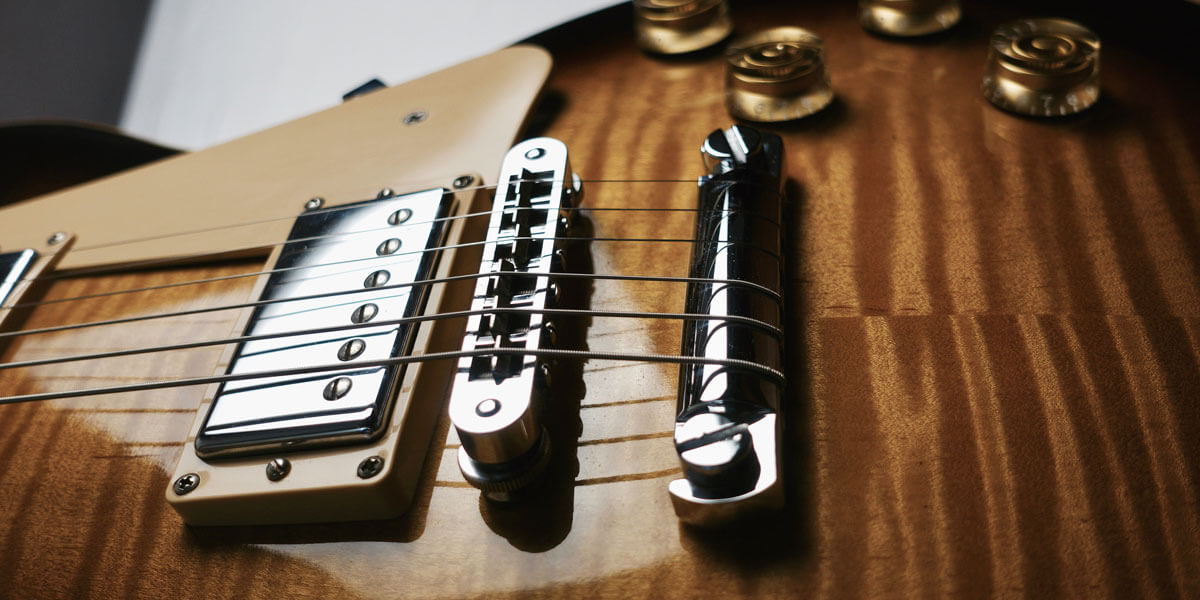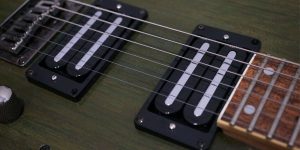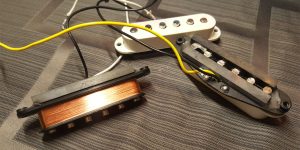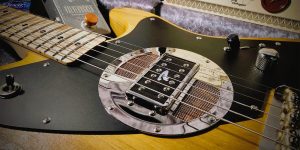Pickups, which help with shaping the sound of an electric guitar, are essentially magnets wrapped in wire coils. They capture the vibrations of the guitar strings and convert them into electrical signals, which are then sent to an amplifier. Upgrading cheap guitar pickups can significantly impact the tone and character of the sound produced. That is why I will elaborate on this interesting topic for you.
Why upgrade pickups?
The change in budget guitar pickups can be a transformative process, offering several compelling reasons to do so. Here’s a detailed breakdown of these reasons and how pickups affect the overall tone, sustain, and power.
- Enhanced tone and character. Upgrading a cheap guitar pickup to a higher-quality one can lead to a more defined, rich, and nuanced tone. Different pickup types — such as single-coil, humbucker, or P90 — have distinct sonic qualities, allowing players to tailor their guitar’s sound to their musical preferences.
- Improved sustain. Upgraded pickups can contribute to longer sustain, allowing notes and chords to ring out more effectively.
- Increased power and output. Higher output translates to increased signal strength, which can result in a more powerful and dynamic sound. This can be particularly beneficial for players who seek more distortion or want to push their amplifier into overdrive for a crunchier sound.
- Tailored to playing style. If you upgrade the pickups, you can fine-tune your guitar’s sound to suit your preferences and the style of music you play.
However, there are potential drawbacks to consider:
Noise and interference. Higher-output pickups can sometimes introduce more noise and interference, especially in environments with electromagnetic interference. This can lead to unwanted hum or buzzing.Loss of clarity. While upgraded pickups can offer greater power and richness, there’s a possibility that they might sacrifice some of the clarity and definition present in the stock pickups.
Factors to consider before upgrading
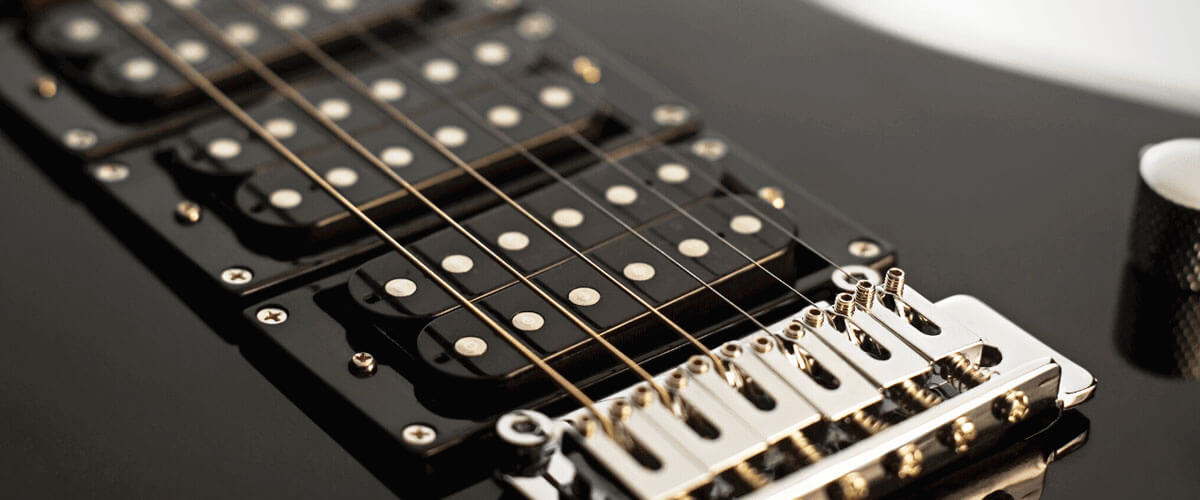
By carefully considering some factors, which I described below, you can make an informed decision to replace the pickups on your guitar.
- Budget. Consider not only the cost of the pickups themselves but also any additional expenses related to installation and potential modifications.
- Desired change of tone. Research different pickup models and their tonal characteristics to ensure your chosen pickups align with your musical goals.
- Guitar’s natural characteristics. Factors like the body wood, neck construction, and scale length can influence how different pickups interact with your guitar’s overall tone.
- Pickup types and configurations. Decide on the type of pickups you want to install — single-coil, humbucker, P90, etc. Additionally, consider the pickup configuration (e.g., SSS, HSS, HH) that suits your playing style and musical preferences.
- Compatibility. Ensure that the pickups you’re interested in are compatible with your guitar’s design and electronics. Check factors such as pickup size, shape, and mounting style to avoid any fitting issues during installation.
- Wiring and electronics. Consider the wiring and electronics in your guitar. Upgrading pickups might also involve rewiring your guitar’s circuitry.
DIY vs professional installation
Let’s weigh the pros and cons of replacing guitar pickups yourself versus hiring a professional and also delve into the tools required and potential risks associated with a DIY pickup replacement.
DIY replacement
It can save money by avoiding labor costs, and it’s also an opportunity to learn about your guitar’s internal components and electronics. You can experiment with different pickup types and configurations. Successfully completing the upgrade yourself can be rewarding. However, pickup replacement requires basic electronics knowledge. You’ll need equipment like wire cutters, screwdrivers, and other tools. Remember that investing in quality tools can add to the cost.
Hiring a professional
Professionals have the experience and skills to perform pickup replacements accurately and efficiently. They are less likely to make mistakes that could damage your guitar or its electronics. Reputable technicians provide guarantees on their work. However, hiring a professional involves paying for their expertise, which is an additional cost. Moreover, professionals might not fully understand your tonal preferences, potentially leading to a less ideal outcome.
If you still prefer this option, I’d like to note there are some risks of DIY replacement. Soldering mistakes or incorrect wiring connections can lead to electronic malfunctions.
You may scratch or damage the guitar’s finish, and choosing pickups incompatible with your guitar’s electronics or physical design can result in poor performance or fitting issues. If your guitar is under warranty, such replacement might void it if something goes wrong.
Common misconceptions about upgrading pickups in budget guitars
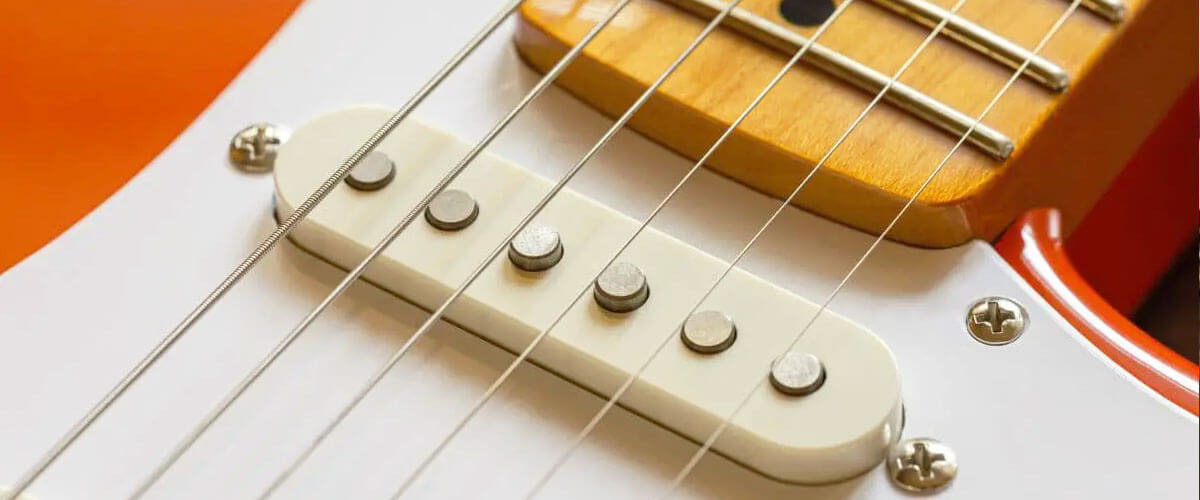
Upgrading pickups in budget guitars is a popular topic, but it’s also surrounded by several misconceptions. Here are some common of them to be aware of.
Upgrading pickups is only for professional guitarists
It’s a modification that can benefit players of all skill levels. Whether you’re a beginner or an experienced player, upgrading pickups can enhance your guitar’s sound.
Upgrading pickups will turn a cheap guitar into a high-end instrument
While upgraded pickups make a difference, they won’t magically transform a budget guitar into a high-end instrument. High-end guitars have superior craftsmanship, better hardware, and premium materials.
Upgrading pickups will solve all my guitar’s sound problems
If your guitar has issues related to setup, intonation, neck alignment, or poor construction, upgrading pickups might not fully address those problems.
Upgrading pickups is a quick fix for poor playing technique
While different pickups can emphasize certain aspects of your playing, the core of your sound still comes from your technique. It’s better to focus on improving your playing skills and technique.

